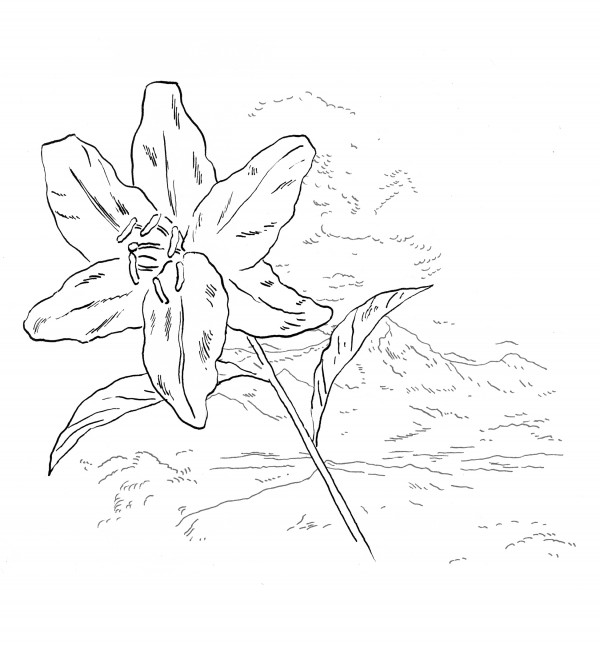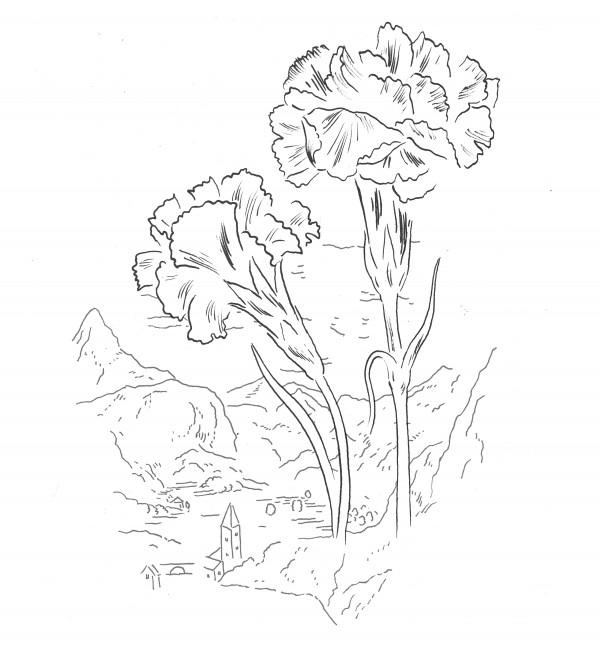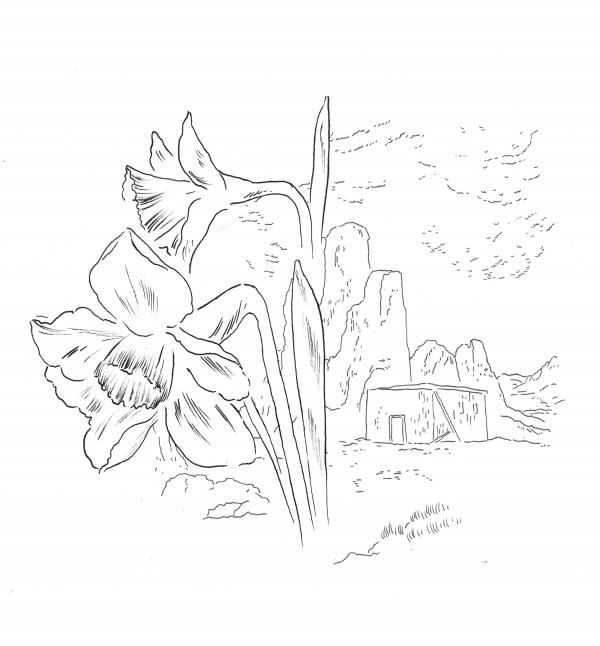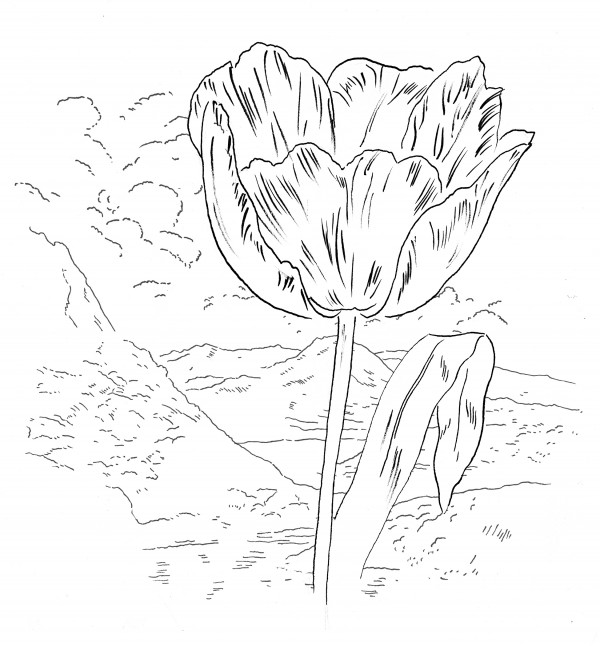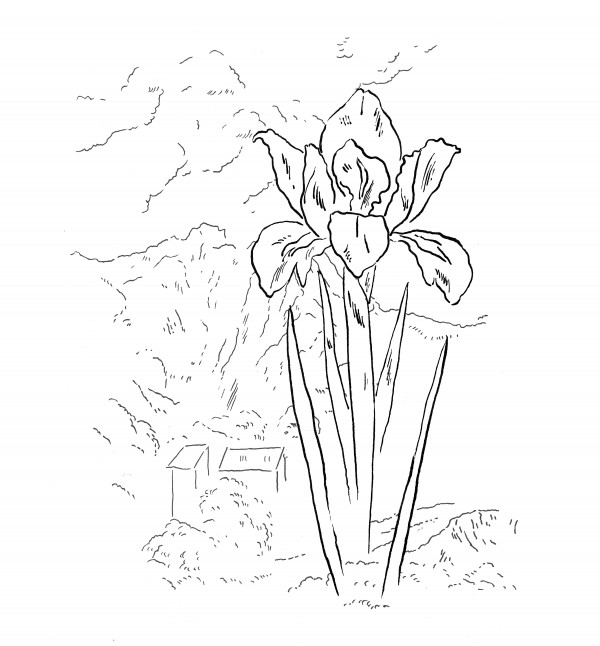Returning to the village: Pier Paolo Pasolini’s early poems
Keywords: Alan Badiou, Alessandro Bava, disaster issue, Friulan, giuseppe pelosi, Harry Burke, marx, media, milano chow, pier paolo pasolini, poems, translation, university of chicago press, Verso
Pier Paolo Pasolini’s early poems anticipate the millennial longing for a pre-globalised world.
Returning to the village:
Pier Paolo Pasolini’s early poems
At what point was Pasolini, exactly, remembered? Pier Paolo Pasolini flirted with immortality via his untimely death in 1975, at the age of 53, when he was run over several times in his own car. As to who was driving the car, history suggests it to be either Giuseppe Pelosi, a 17 year old male prostitute (and we wonder how he met this prostitute), or, more likely, as Pelosi’s own statement suggests, three people with southern Italian accents, who attempted to insult Pasolini by calling him a “dirty communist.” Can one be insulted whilst dying for something they believe?
And can such an autonomist Marxist be rediscovered by today’s ecstatic media environments? The short answer to this second question: well, it’s happening. If always a hero of the underground, there’s no doubt that Pasolini is going through a moment this year, with University of Chicago Press publishing a book of his selected poetry in August. In July, Verso will also be publishing his screenplay St. Paul in English for the first time, accompanied by a foreword by Alan Badiou and there has been a steady acknowledgement of excitement across a number of cultural protagonists. But whatever, it’s easy to become a celebrity when you’re dead.
But what of the poems? Pasolini wrote in Friulan, a Romance language spoken by just 300,000 speakers in the Friuli area of northern Italy and the dialect of Pasolini’s mother’s home region. His use of it is an attempt by the poet to return his work to the Romantic, peasant history that it came from; a “radical solution to the problem of decadence,” as one commentator notes. Their imagery is of the earth, and of a youth that is borne of the earth. Children are mothers, are olive branches. “The sad voice / of my sigh / forever dies / across the darkened fields.” They project a landscape where God is the (dialectic) opposite to Capital. Spirit and the world, in these poems, is one.
This embrace of the soul and the world is, perhaps, a radical materialism. The question of whether these are worlds to be lived in, or just relics, is the question Pasolini leaves us. Indeed do we still have spirits, souls, worlds, homes, natures, today? Or are they, too, with “Our father far away / in heaven’s womb.”
By Harry Burke
Radiant evening, water rises
in the ditch, a woman with child
walks in the field.
I remember you, Narcissus; you were
the color of evening when the bells
tolled the knell.
Sera imbarlumida, tal fossàl
a cres l’aga, na fèmina plena
a ciamina pal ciamp.
Jo ti recuardi, Narcìs, ti vèvis il colòur
da la sera, quand li ciampanis
a sùnin di muàrt.
Où sont les neiges d’antan?
F. Villon
I
What are you doing
by the fire, girl,
pale as a sapling
fading in the dusk?
“I’m kindling old sticks.
The smoke rises dark
and tells me the world
I live in is safe.”
But by the sweet-smelling fire
I cannot breathe.
I wish I were the wind
dying down in the village.
II
My journey is over.
Sweet smell of polenta,
sad lowing of cattle.
My journey is over.
“You’ve come here among us,
but we only live,
live quiet and dead,
like water that trickles
unseen between hedges.”
III
Midday chimes ring
festive in my village.
Yet what silence the bell
casts over the fields!
You haven’t changed, bell;
in awe I return to your voice.
“Time does not move:
behold the fathers’ smiles
in the children’s eyes
like rain on the branches.”
Où sont les neiges d’antan?
F. Villon
I
Fantassuta, se i fatu
sblanciada dongia il fòuc,
coma una plantuta
svampida tal tramònt?
«Jo i impiji vecius stecs
e il fun al svuala scur
disìnt che tal me mond
il vivi al è sigùr.»
Ma a chel fòuc ch’al nulìs
a mi mancia il rispìr,
e i vorès essi il vint
ch’al mòur tal paìs.
II
Il me viàs l’è finìt.
Dols odòur di polenta
e tris-c’ sìgus di bòus.
Il me viàs l’è finìt.
«Ti vens cà di nualtris,
ma nualtris si vif,
a si vif quiès e muàrs
coma n’aga ch’a passa
scunussuda enfra i bars.»
III
A fiesta a bat a glons
il me paìs misdì.
Ma pai pras se silensi
ch’a puarta la ciampana!
Sempri chè tu ti sos,
ciampana, e cun passiòn
jo i torni a la to vòus.
«Il timp a no’l si mòuf:
jot il ridi dai paris,
coma tai rams la ploja,
tai vuj dai so frutìns.»
SON
Mother, I watch in dismay
as the wind dies darkly
past my twenty years
of Christian life.
Evenings, wet trees,
children shouting far away,
this, Mother, is the village
I’ve left behind.
MOTHER (in Heaven)
Why has my womb
borne not a tear
to weep for
my blessed son?
I should be your mother,
star-bright tear,
and at the vespers’ gentle sound,
I should rock you in my lap . . .
He who weeps for you
is always alone in the village,
dark amid the soft green fields,
the fires and the ancient walls!
CHILD-MOTHER
(carrying olive branches round the village)
Easter’s midday chimes are ringing!
The leaves are bright, the sky is fresh.
Children! Want some olive branches?
Easter evening’s bright, the sky is fresh.
FÌ
Mari, i vuardi ingropàt
il vint che scur al mòur
par di là dai vinc’ àins
dal me vivi cristiàn.
Seris, àrbui bagnàs,
frutìns lontàns ch’a sìghin,
mari, chistu il paìs
par là ch’i soj passàt.
MARI (tal Sèil)
Parsé da li me vìssaris
a no èisa nassuda
la àgrima ch’al plans
il me fì benedèt?
Sarès to mari, àgrima,
clara coma na stela,
e al sun lizèir dal Espuj
i ti cocolarès . . .
Lui, ch’al ti plans, al è
sempri sòul tal paìs,
dut scur, tai pras verdùs,
i fòucs, i vecius murs!
MARI-FRUTA
(puartànd pal paìs l’aulìf)
A bat misdì di Pasca!
Fuèjs claris, sèil fresc.
Fantàs, volèisu aulìf ?
Clara sera di Pasca.



